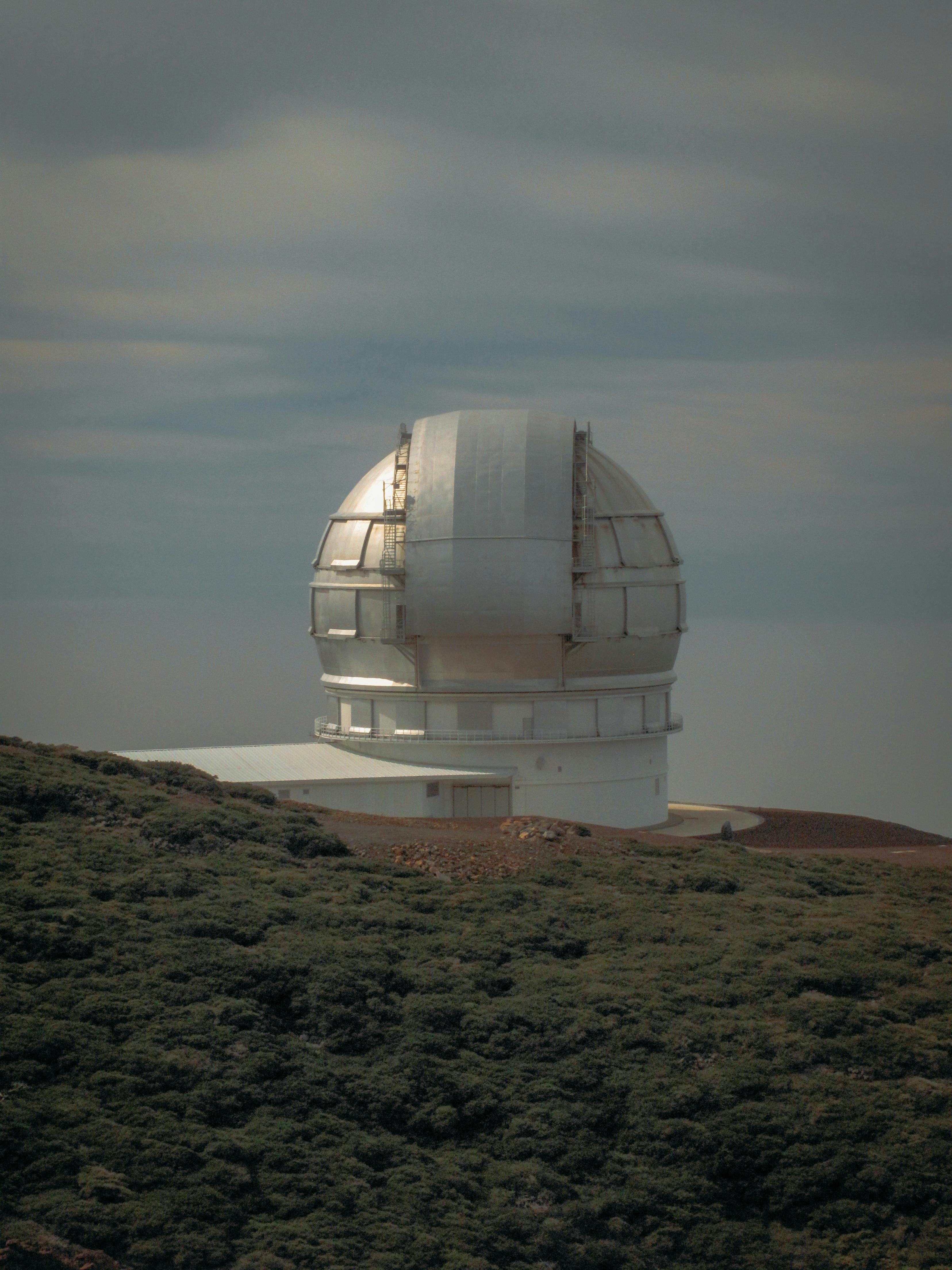
Our Resources
Comprehensive Tools and Archives for Solar System Research

Comprehensive Tools and Archives for Solar System Research
Explore our curated collection of resources spanning multiple domains of planetary science

Comprehensive analytical articles covering planetary formation, geological processes, atmospheric dynamics, and evolutionary pathways. Our archive includes in-depth examinations of terrestrial planets, gas giants, ice giants, and small body populations.
Topics Include:

Interactive visualizations and interpretative graphics illustrating complex planetary datasets. We transform mission data, spectroscopic measurements, and orbital parameters into accessible visual narratives.
Visualization Categories:

Curated collections of thematic research covering major missions, planetary bodies, and scientific questions. Our archives provide chronological context for evolving understanding of Solar System processes.
Archive Collections:

In-depth conversations with active researchers, mission scientists, and instrument specialists. These interviews provide insider perspectives on current investigations, methodological challenges, and future exploration priorities.
Interview Series:
The telescopes, spacecraft, and instruments enabling Solar System discovery

Hubble Space Telescope, James Webb Space Telescope, and specialized solar observatories providing critical planetary observation capabilities.

Major observatories conducting planetary monitoring, including adaptive optics systems revealing surface details and atmospheric phenomena.

Active missions from NASA, ESA, JAXA, and other agencies orbiting planets, flying past small bodies, and analyzing in-situ environments.

Meteorite curation centers, planetary simulation chambers, and mass spectrometry laboratories studying extraterrestrial materials.

High-performance computing clusters running climate models, orbital simulations, and hydrodynamic codes for planetary processes.

NASA Planetary Data System, ESA Planetary Science Archive, and institutional databases housing decades of mission observations.
Distribution of water ice and liquid reservoirs across planetary bodies, from Mars subsurface to Europa's ocean and Enceladus plumes.
Read More →Cratering processes, impact-induced atmospheric evolution, and the role of bombardment in planetary development.
Read More →Circulation patterns, seasonal variations, dust storms, and the complex meteorology of planetary atmospheres.
Read More →If you're conducting research relevant to Solar System science or have expertise to share, we welcome proposals for contributed articles, data visualizations, or interview collaborations.
Submit a Proposal